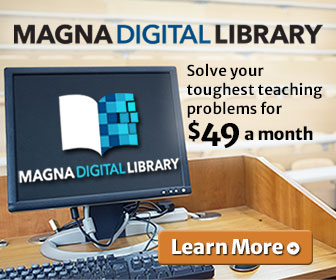Relationships with Students Are What Matter Most
In our experiences, we have moved from teaching face-to-face to working in front of a computer with headsets to ditching the headsets in favor of classes taught in a totally asynchronous manner. We can see the advantages and disadvantages of all formats. With each new



